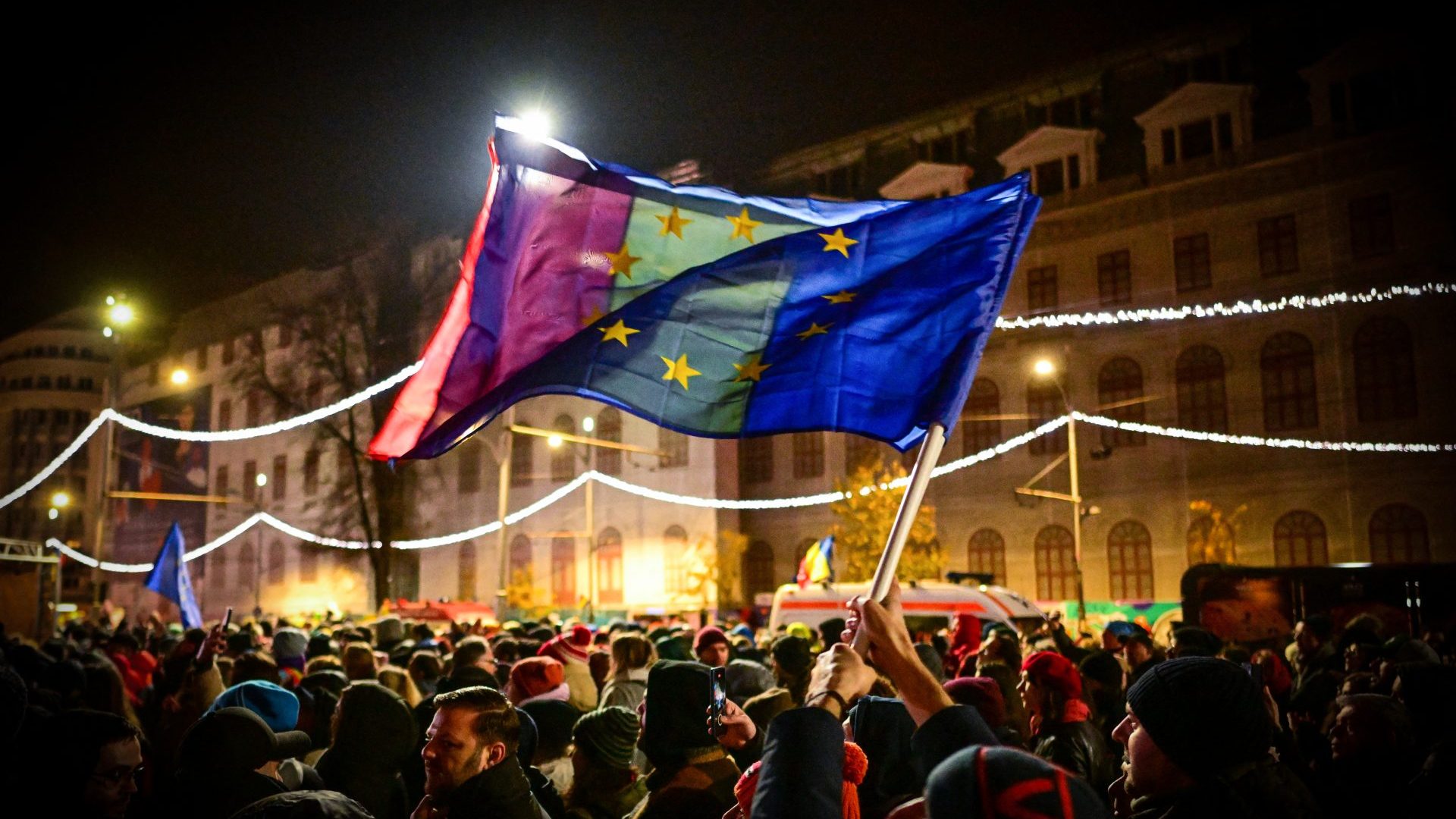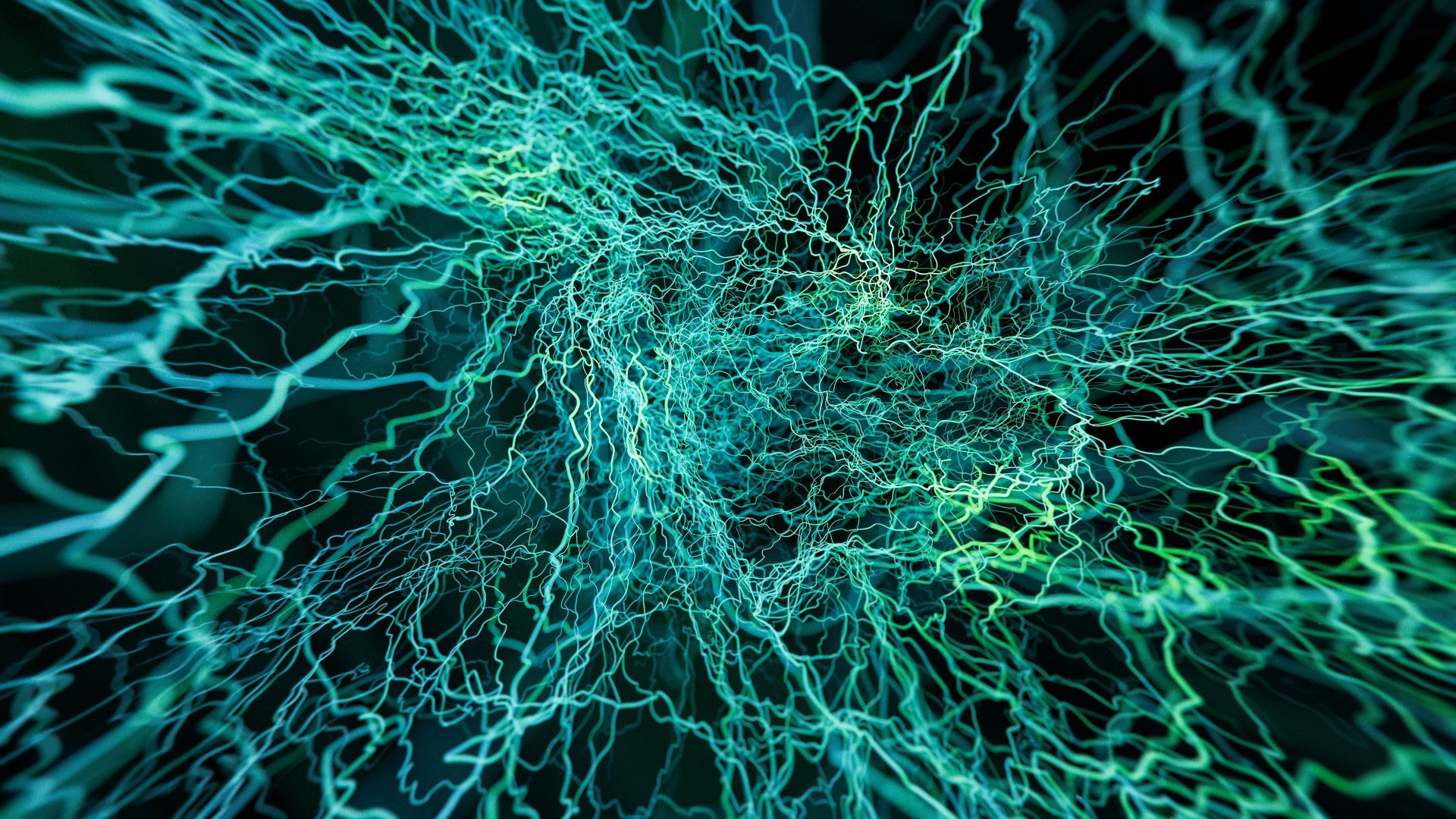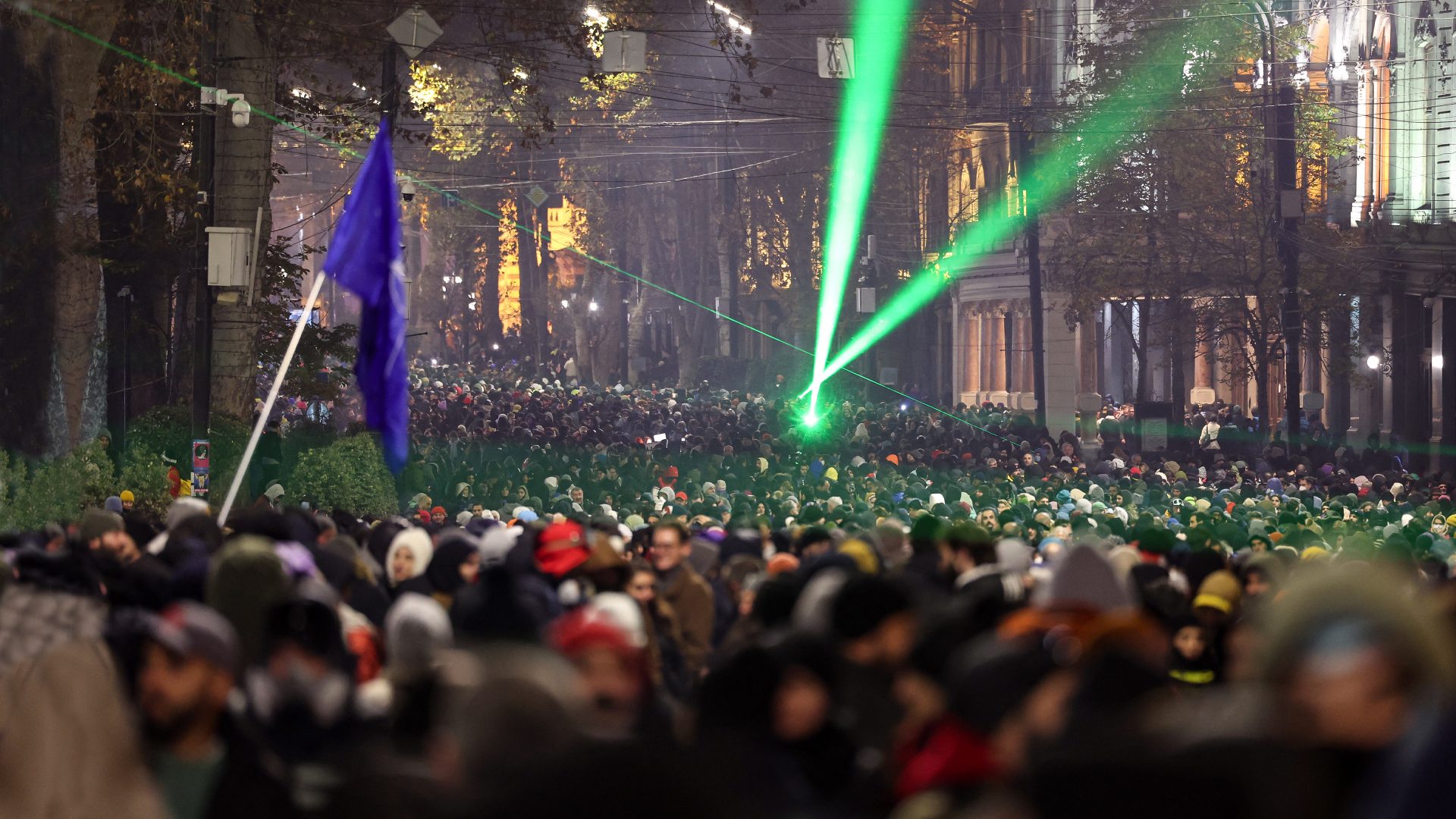Many Romanians feel punch-drunk these days – doomscrolling during emotional times will do this to you. So let’s stick to bare facts: the political outsider Călin Georgescu swept in from the pro-Russian, neofascist fringes to win the first round of the presidential elections.
Intelligence services uncovered a foreign-backed fraud involving illegal campaign financing and social media manipulation. The Constitutional Court deemed the election process tainted, so they nullified the result.
The election was a mess. The court first blocked one extremist candidate from standing, for flimsy reasons, but allowed others. Then it gave no real explanation for the unwarranted full ballot recount that was ordered, after one candidate made accusations of voter fraud. When the court validated the first-round results, intelligence agencies did not report their concerns, and the fraud only came to light when the reports were declassified by the president, Klaus Iohannis.
Given this unprecedented crisis, Romanians need to see more palpable proof. To many of us it’s a no-brainer that Georgescu, who wants to cut all aid to Ukraine and calls into question Romania’s participation in Nato, is a Russian stooge. There is disagreement only about who he really is – some see him as a mastermind, others as the proverbial Manchurian candidate.
The writer Radu Paraschivescu was at a large protest I attended on Thursday in freezing temperatures. He called Georgescu, strikingly, “a digestive tract with a tie”.
The Constitutional Court stands outside the judiciary and its members are politically appointed. They are often criticised for their lack of legal expertise, for inconsistent rulings and for allowing themselves too much leeway in interpreting law. Many legal experts are now saying they had no grounds to annul the election.
The problem is that so far the evidence seems rather flimsy. One report says that about 25,000 TikTok accounts were opened, some of them as early as 2016. But the social network wasn’t even operational outside China then. It is clear, however, that these accounts were activated just before the first round of the presidential elections on November 24 and that they pushed Georgescu’s messages on to millions of screens. This million-dollar operation was partly financed by an IT businessman, with some of the money being gifted to influencers via TikTok’s own reward system.
Based on the methods and the resources probably needed, a state actor is likely to have been involved. Other reports mention the type of hybrid warfare that Russia is generally conducting against the west and speak of successfully repelled cyber-attacks against the state’s IT infrastructure.
But so far it all feels very circumstantial evidence at best. Hopefully the investigations into Georgescu’s circles of supporters will shed more light on what happened. Because without real proof and answers, we are on dangerous ground. Mistrust in free elections will continue to spread. Already the internet is a flurry of conspiracy theories that the Americans orchestrated their own anti-Georgescu coup because there is too much at stake for them on the regional security level.
One absurd rumour is that the billionaire George Soros schemed to establish Wokistan in the Carpathians. Another is that the ruling PSD and their cronies in the intelligence community want another go at the presidency for their own candidate. To other people, the court simply stepped in to save the day: how they did it is irrelevant, even if they bent the law.
That Georgescu’s opponent, Elena Lasconi, echoes him in describing the ruling as an attack on democracy is also not very helpful – but it’s understandable, given the fact she will probably never come so close to winning the presidency again.
No matter how the plot of this particular election thriller ends, our institutions must do better in the future – their failure is one of the reasons people like Georgescu have become popular here. He tapped into a manifest nationalist ethos, exacerbated by the feeling that the west, who we are now part of, is to blame for our home-made malaise and we are better off on our own. We can probably stop Călin Georgescu, but not his ideas.
Alex Gröblacher is a journalist born in Bucharest. He works for the German service of Radio Romania International



